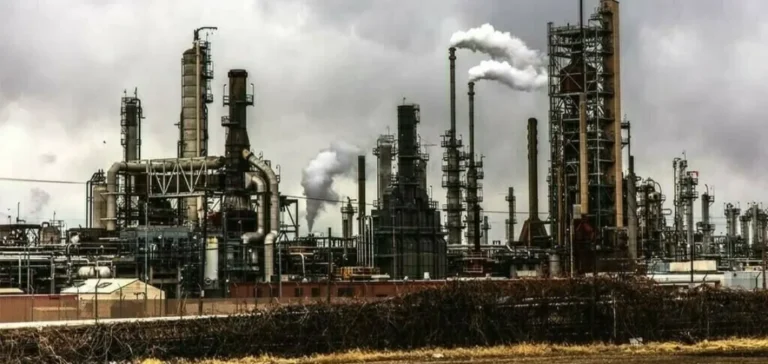Pakistan Refinery Limited is set to receive its first cargo of Nigerian Bonny Light crude oil, purchased from the trader Vitol. Two sources familiar with the matter said the shipment, totalling 500,000 barrels, is expected to leave Nigeria in the second half of the month and arrive in Karachi by the end of September. The price details have not been disclosed.
Diversification of supply agreements
This transaction marks a step in Pakistan Refinery Limited’s diversification strategy, which aims to expand its commercial partnerships beyond the Middle East. Saudi Arabia and the United Arab Emirates remain Pakistan’s main suppliers, but the increase in regional supply costs is pushing refiners to explore new options, including the United States and Kazakhstan.
Pakistan Refinery Limited has recently entered into its first import of American West Texas Intermediate crude, also brokered by Vitol for the company Cnergyico, with delivery expected in October. This development highlights the strengthening of commercial agreements with partners outside the traditional supply zone.
Bonny Light’s advantages for the sector
Bonny Light, a light crude oil from Nigeria, is valued for its high yields of gasoline and diesel, products sought after by the Pakistani refining sector. According to data provider Kpler, this is the first known import of Bonny Light by Pakistan, although Nigerian Yoho crude was already imported in 2014. This diversification of sources shows a desire to reduce reliance on a single region.
Oil remains Pakistan’s main import, accounting for $11.3bn of the national bill for the fiscal year ending June 30, 2025. A new supply agreement could enable the sector to better control its logistical and procurement costs.
Asian trends and commercial outlook
This decision reflects a wider regional trend: many Asian refiners are multiplying agreements with African and American suppliers, as Middle Eastern markets face price and availability tensions. The ability to secure regular flows of crude oil remains a central issue for sector players.
A sector official indicated that attention to international commercial partnerships is expected to intensify as supply and demand dynamics evolve in the global market. Pakistan’s oil sector is monitoring the evolution of commercial flows and the potential impact on national competitiveness.






















